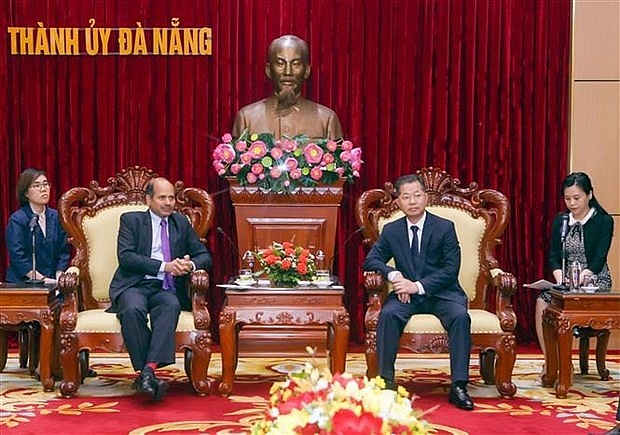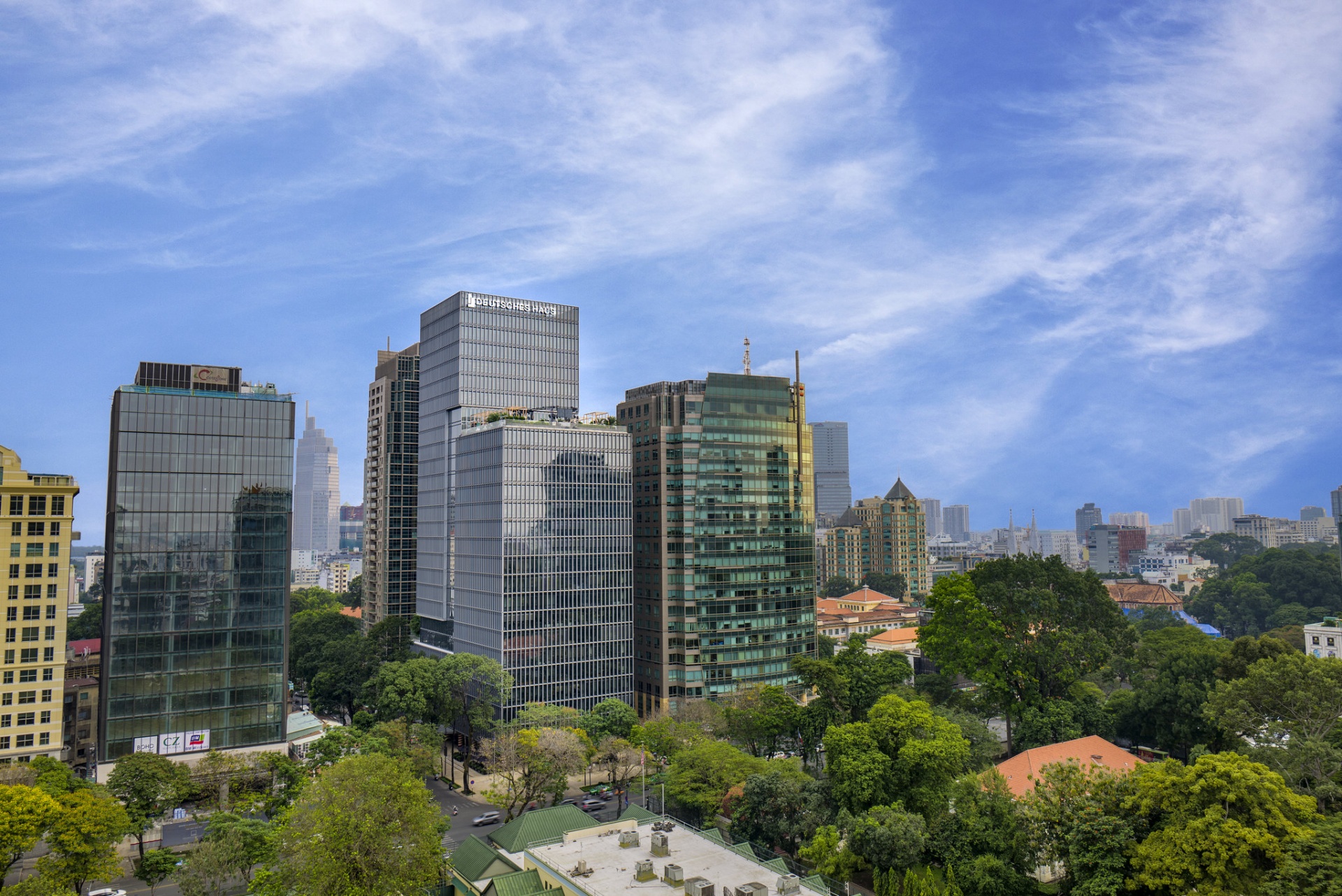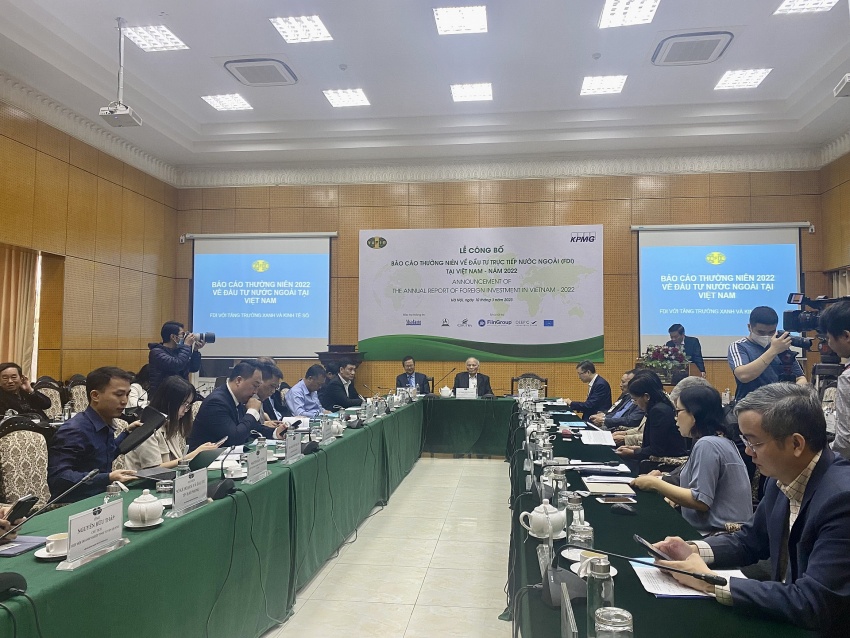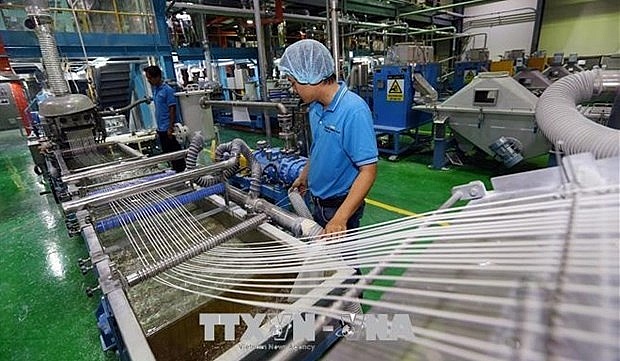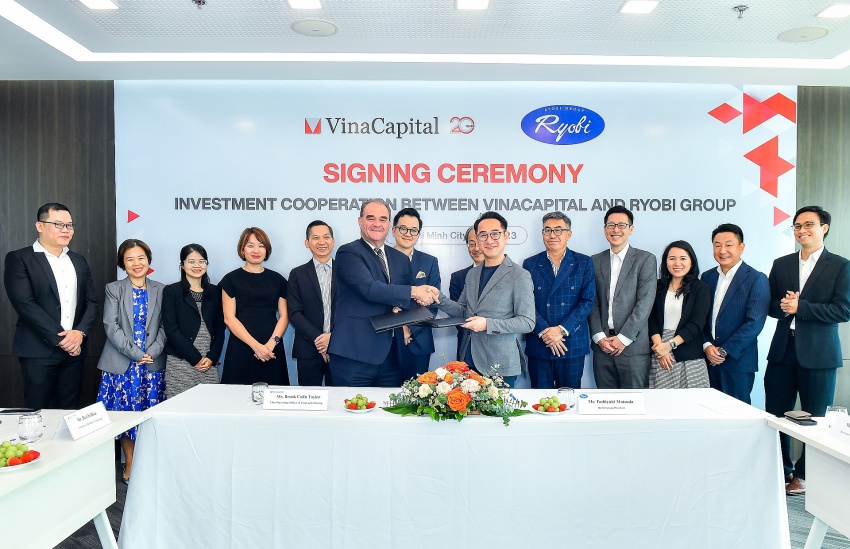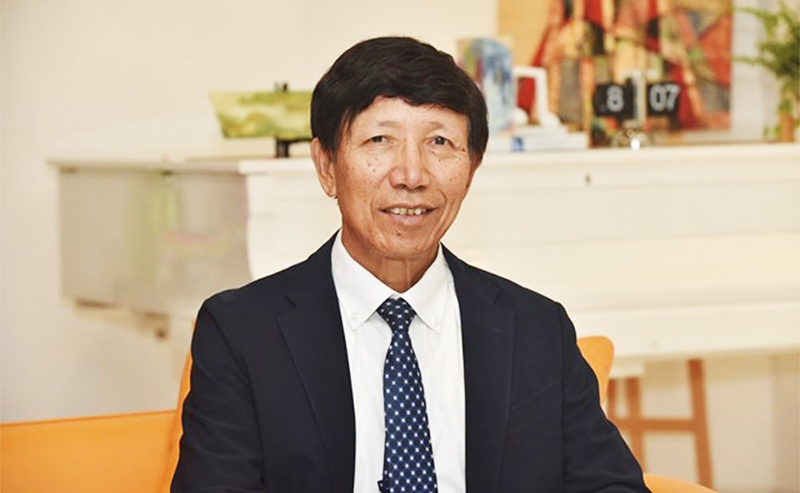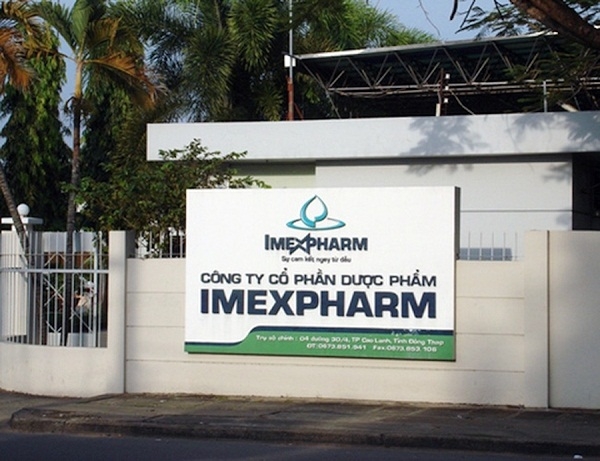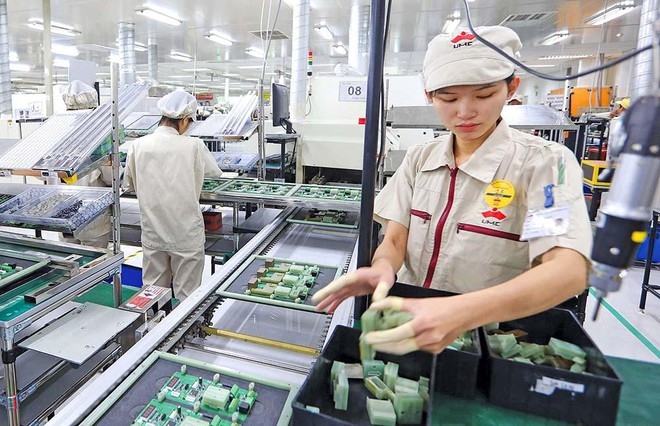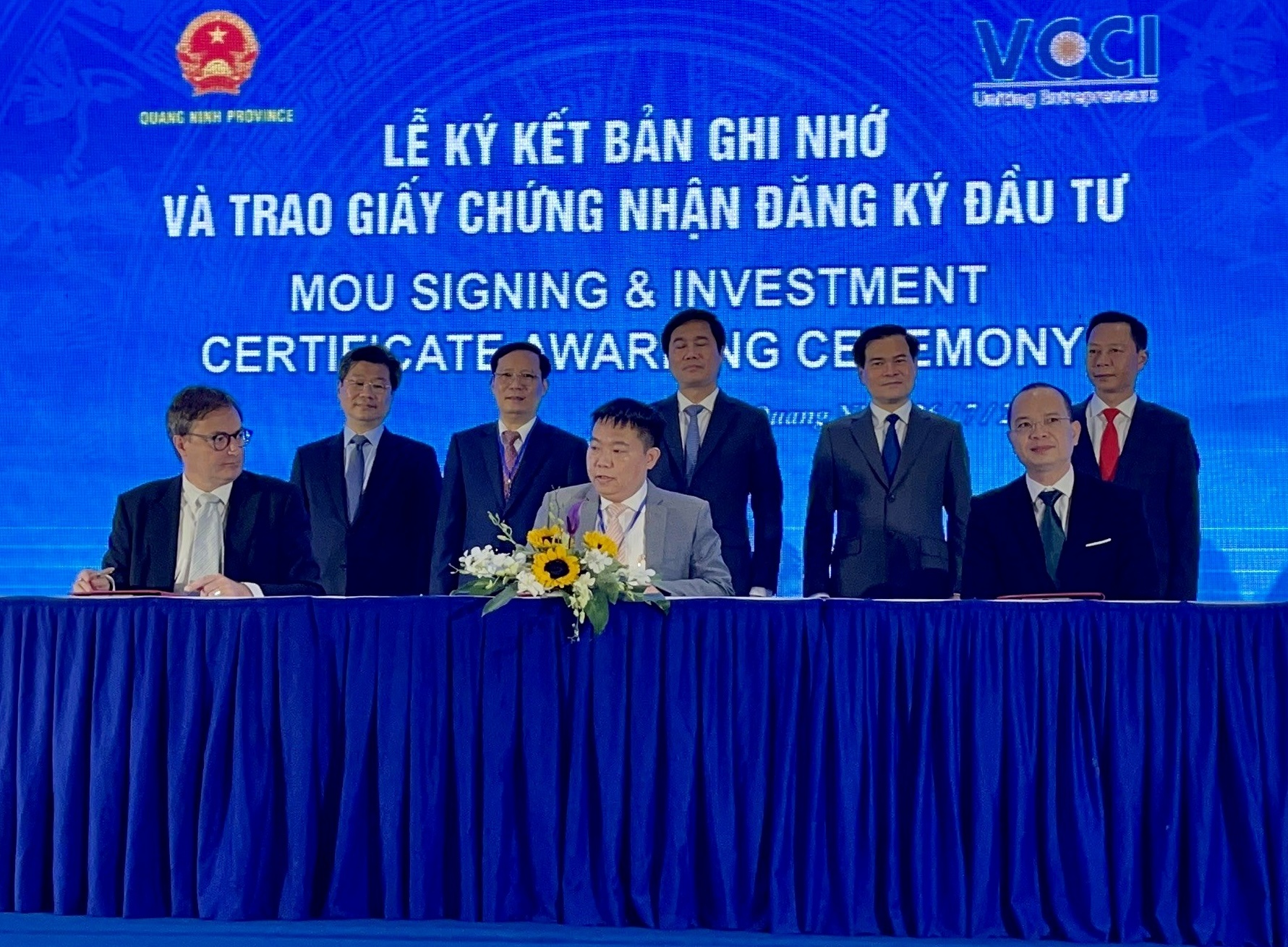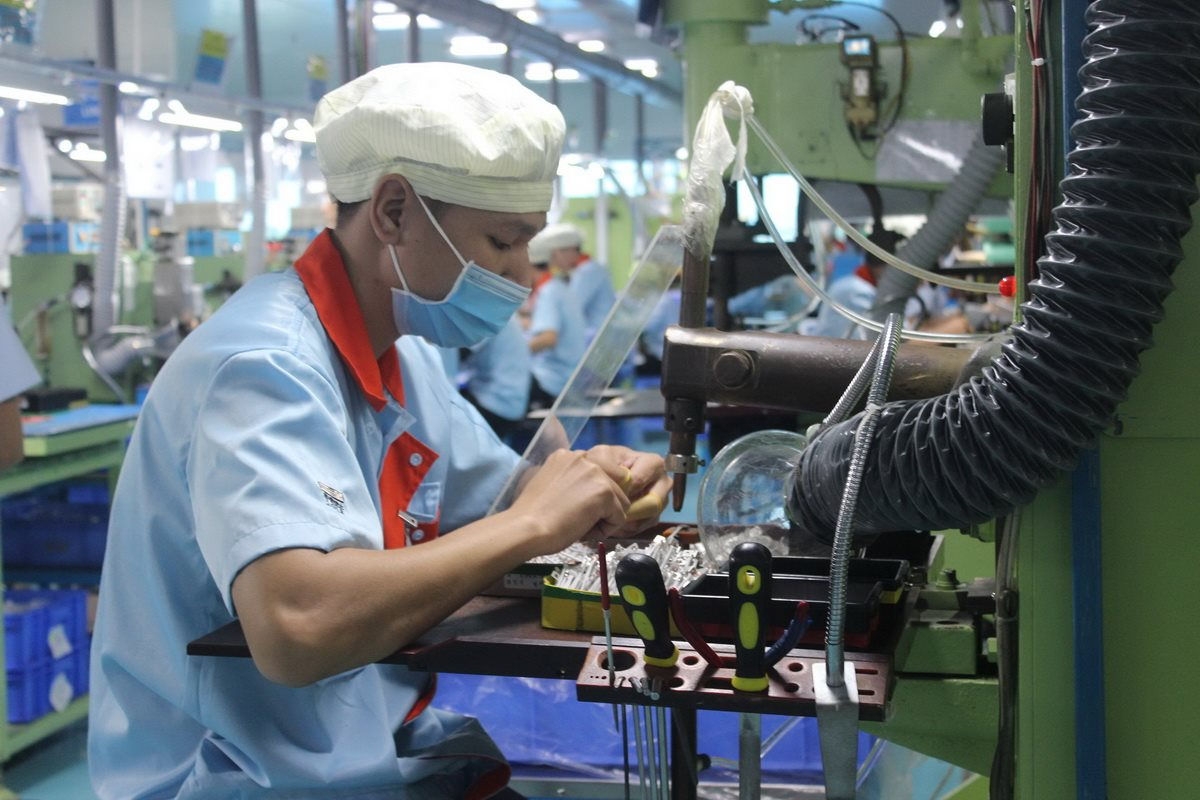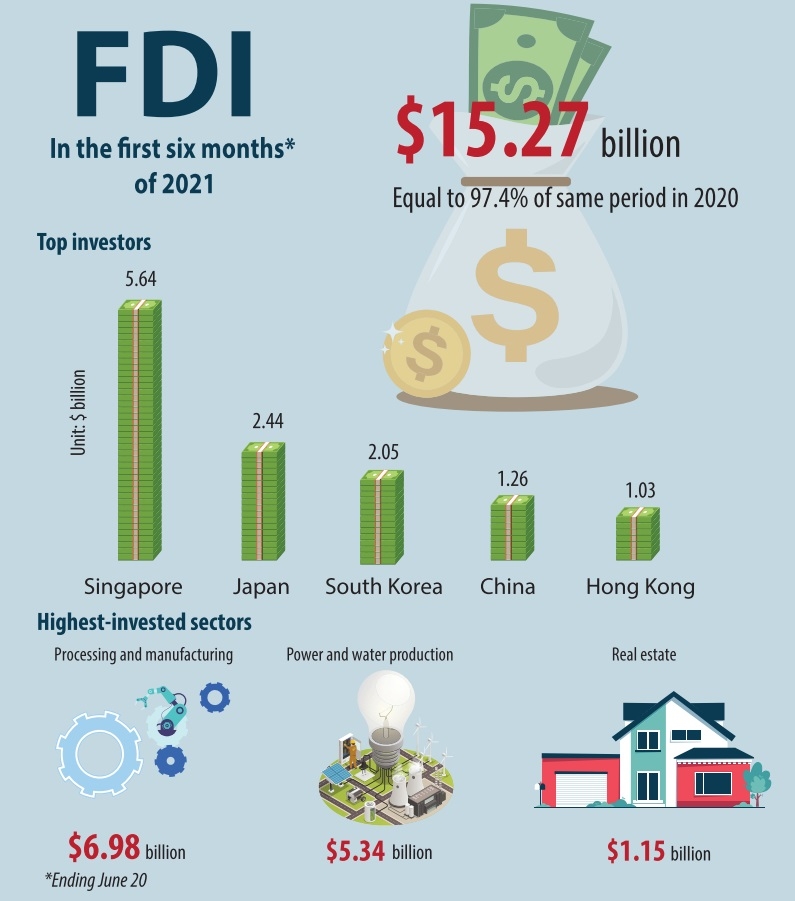JCCI proposes solutions to promote investment in green energy
Japanese companies would like to contribute to a realistic energy transition in Vietnam by promoting private investment in the application of decarbonisation technologies necessary for meeting sustainability goals, according to the Japanese Chamber of Commerce and Industry (JCCI).
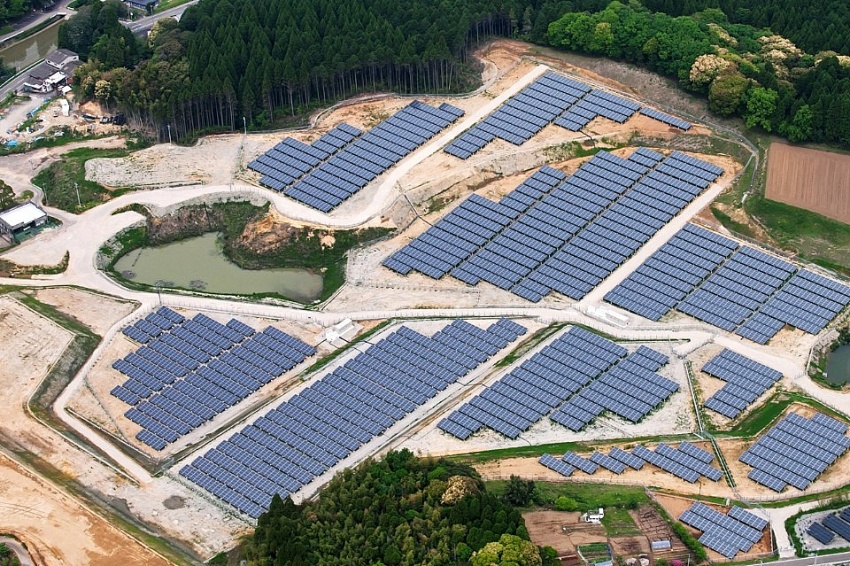
The Japanese government has launched the Asia Energy Transition Initiative (AETI), which includes knowledge sharing, technology development, and deployment of decarbonisation and $10 billion in financial assistance to push forward green energy transition. Japanese Prime Minister Fumio Kishida also proposed the Asia Zero Emissions Community (AZEC) initiative during his visit to Vietnam last April.
The initiative's goal is to achieve both sustainable growth and carbon neutrality amid growing energy demand in Asian countries. The Japanese government is willing to cooperate with ASEAN countries to achieve a pragmatic energy transition by providing financial and technical support for the demonstration and introduction of decarbonisation technologies.
As one example, the Ministry of Industry and Trade of Vietnam, the Japanese Embassy to Vietnam, and the JCCI jointly organised a workshop on cooperation between the two countries for the development of power and energy fields focussing on the need for decarbonisation.
It was a very meaningful opportunity to share information and exchange opinions on various aspects of Japanese energy strategy towards carbon neutrality, state-of-the-art decarbonisation tech, and financing methods for infrastructure development.
Japanese decarbonisation measures, such as zero-emission thermal power technologies, energy-saving technologies on the consumer market, as well as on-site power generation and storage, have a strong affinity with Vietnamese energy policy.
To promote further cooperation with the Vietnamese government in the future, as well as encourage the investment capital inflow from Japan in Vietnam, the JCCI has proposed the Vietnamese government speed up its announcement of the national Power Development Plan VIII (PDP8).
“Amidst growing electricity demand, Vietnam is facing power shortages, especially in industrial parks in the northern part of the country. In light of this, early release of PDP8 is essential to ensure investments in power generation in line with the growth of the economy,” said Taketoshi Nagaoka, chairman of the JCCI.
“Japanese companies have been increasing their exposure in Vietnam for the growing demand for renewable power generation. However, the delay in PDP8 has seriously affected not only the renewable power plants but the linking industries such as biomass fuel production, which have been halted. I would like to reiterate our request for the early release of PDP8,” he said.
Furthermore, the JCCI has requested the Vietnamese government accelerate early implementation of gas-fired power generation, which contributes to meeting the rapidly increasing demand for electricity as well as facilitating the introduction of renewable energy.
According to the JCCI, amendment of the existing investment and public-private partnership laws is also an urgent requirement because large-scale power generation projects such as gas-fired power generation and offshore wind power generation cannot be fully implemented by Vietnamese companies and local banks alone in terms of technology and finance, and it is essential to attract foreign companies and financial institutions. However, the current system provides insufficient or uncertain support for investors.

